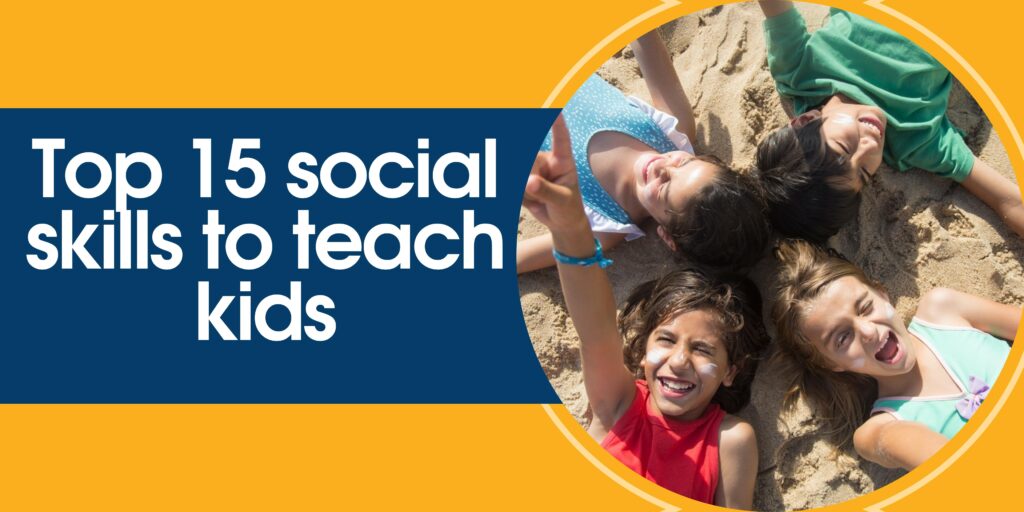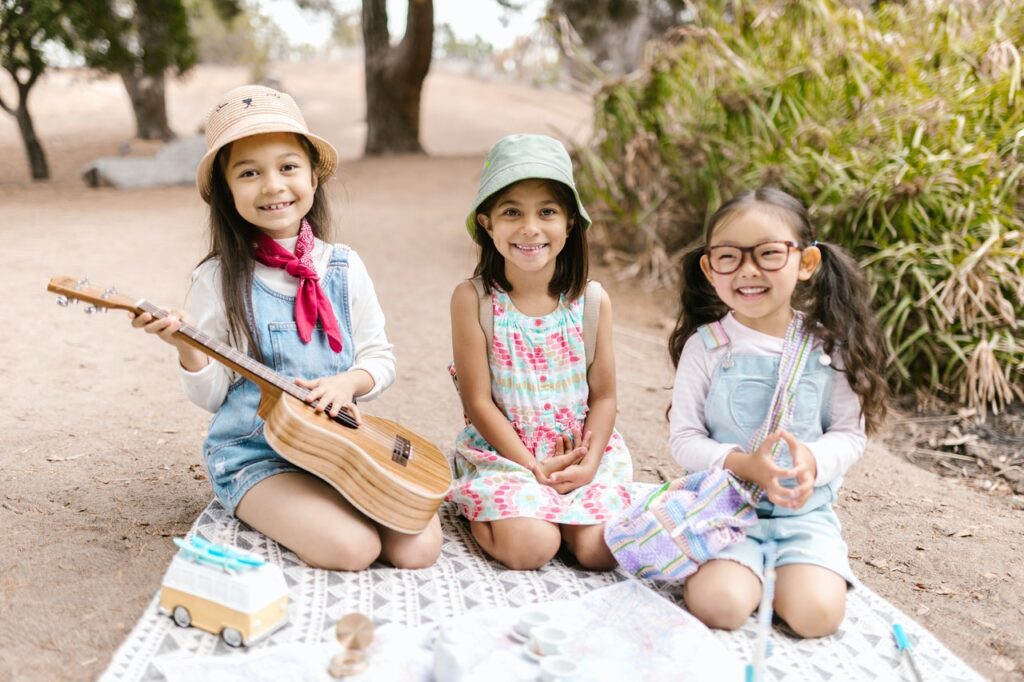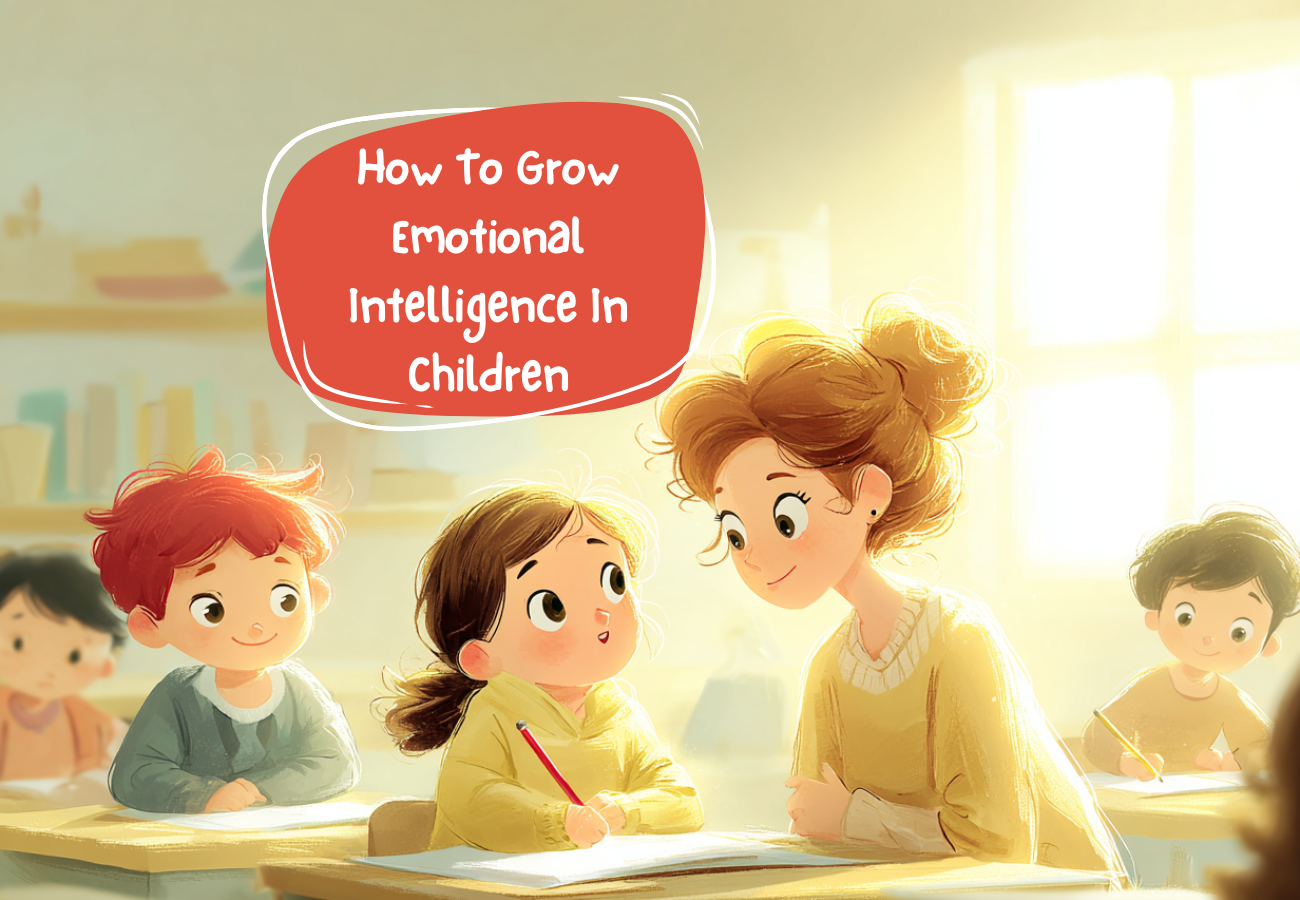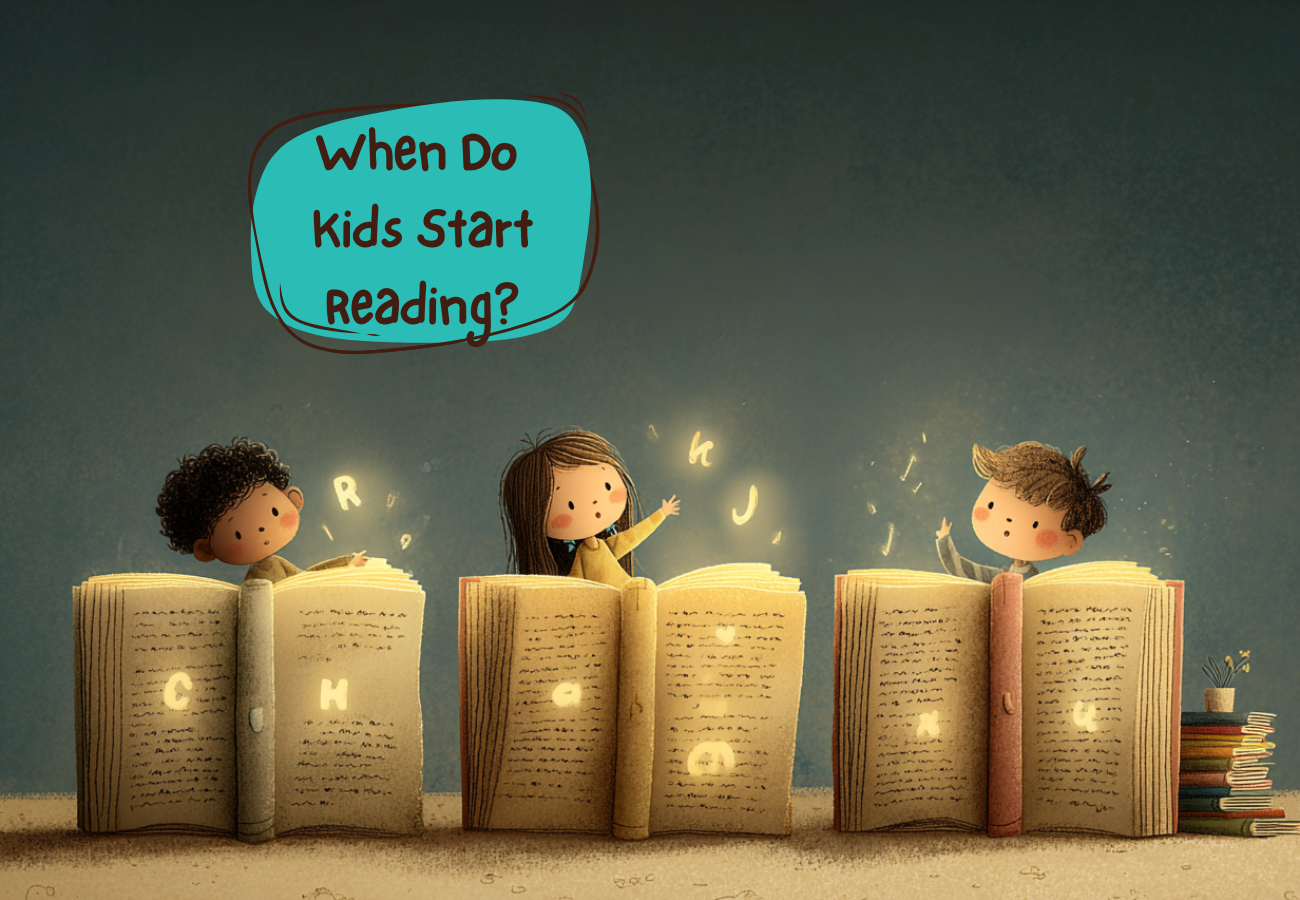15 Vital Social Skills for Kids and How to Teach Them
 In the modern world, there’s no chance to live alone even if you are longing for it. We constantly need other people`s help. Speaking of which, it’s our colleagues, friends, and surroundings who can grant us career-ladder promotion, companionship, and positive emotions. We make people do us favors by treating them well. Also, family happiness often depends on one`s proficiency in communication. All the above and more are the reasons to teach social skills to kids.
In the modern world, there’s no chance to live alone even if you are longing for it. We constantly need other people`s help. Speaking of which, it’s our colleagues, friends, and surroundings who can grant us career-ladder promotion, companionship, and positive emotions. We make people do us favors by treating them well. Also, family happiness often depends on one`s proficiency in communication. All the above and more are the reasons to teach social skills to kids.
Why Are Social Skills Important?
The ability to conduct productive conversations is one of the social skills examples. It’ s been proven that the quality of talks matters more than their frequency. That means that a 5-minute talk may be more memorable than making constant small talks. In general, social skills for kids are both:
- a tool for building their wellbeing;
- art of being happy among other people.
Enhancing of interpersonal skills helps children to:
- Be flexible;
- Make new friends;
- Be ready for changes;
- Be a welcomed guest at every party;
- Resolve almost all problems;
- Develop a positive outlook;
- Gather interesting people around them;
- Open new horizons, etc.
Social Skills Activity for Kids Aged 1 to 12 Months
1. Reciprocal communication
Babies copy the behavior they observe. These are verbal and non-verbal acts of communication by means of:
-
Sounds (babbling, laughing, cooing, etc.);
- Body movements (pointing at a subject, grabbing things, etc.);
- Facial expression.
Caregivers should consider babies` emotions and respond to them respectively. Also, be present and don’t use tablets to entertain your kid. According to UNICEF, babies learn more from human interaction.
2. Discovering the world
Give children an opportunity to learn how to be social by giving them a safe space to crawl and walk. Let them get acquainted with new objects under your supervision every day. It`ll make them more brave and curious. Besides,
- Give a baby a toy that stimulates his senses;
- Provide enriching experience daily;
- Have a change of scene as often as possible.
3. Being Aware of One’s Needs
Children cannot speak until the age of 1 or later, but they can understand a lot. Here are some bits of advice:
- Learn together how to help a child boost social skills by using sign language (It`s a special one for babies);
- Be attentive to non-verbal signs as well sounds to understand the needs;
- Use pictures and practice simple words.
4. Emotion Regulation
Babies cannot be taught different techniques for emotion regulation, unlike preschoolers. Still, they are apt to learn social skills for children. Emotion regulation is one of them.
For that matter, too much parental attention restricts kindergarten-age children from developing self-awareness. The same is true for babies. Thus, being a too attentive caregiver negatively affects kids` social skills.
5. Expressing Feelings
Infants know that parents provide a response to their emotions. Practice these activities to encourage children to answer your:
- Dancing, singing;
- Reading books with examples of feelings;
- Modeling emotions and calling them.
Be sure to work with negative emotions as well as kids need to learn how to safely express those.

How to Teach Social Skills to Toddlers?
6. Teamwork
Toddlers are old enough to play with other children following the rules. Here are some ideas that help build a lasting friendship:
- Make buildings out of Lego;
- Do puzzles together;
- Play a game that requires taking turns, etc.
7. Step by Step
What are social skills? To some extent, it’s the ability to follow the rules and regulations, a crucial skill needed for building kindergarten and school routines.
For that matter, instructions consist of small steps. Here are some ideas to teach kids to follow the rules by fulfilling small actions:
- Use children’s books with instructions;
- Play Stay, Wait, Go;
- Practice fulfilling one-three steps actions.
8. Teach Manners
Well-behaved kids are more successful in life. Well-mannered people are treated with respect and tend to have more friends. You can teach etiquette to your little one by playing different games:
- Make a tea party;
- Practice sharing toys with others;
- Teach your kids such phrases as Yes, please and No, thank you by modeling situations;
- Watch cartoons and read books about manners.
9. Communication Skills
Now that kids can speak, it’s important to teach them how to use this ability to the fullest extent. Social skills for children presuppose mastery in:
- Expressing one’s feelings with words;
- Practicing pausing, introspection;
- Being silent while others are speaking;
- Coming up with questions, etc.
Find games that develop such skills. “All About Me” Worksheet can help greatly.
10. Respecting Personal Space
Toddlers don’t understand the very idea of personal boundaries. That’s why they may touch strangers, grab their stuff without permission, and do other things like this. Well, it’s not a good point to start communication with. You need to handle it. Explaining in words has all chances to fail. Doing educational activities, in turn, would work better.
- Use books and visuals;
- Create boundary lines on the floor and follow them;
- Look for the games that teach to protect personal boundaries.
Social Goals for Kids (Ages 5 to10)
Kids learn how to be social mostly during school time. Elementary students have to make first choices and resolve problems. All of it involves social interaction and cultivation of primary negotiating skills. Pay special attention to its development at this age.
10. Self-Control
Frequent tantrums are a stumbling block for establishing common grounds with peers. Teach kids to manage it.
- Follow psychologists` advice;
- Ask your kid to count to ten each time they feel angry;
- Explain the variety of emotions to children so that they can determine the one they have.
11. Dealing with Conflicts
Kids utterly need the skill to resolve interpersonal misunderstandings. Practice activities that include:
- Making a “middle path”;
- Apologizing, admitting mistakes;
- Bullying prevention;
- Boosting empathy.
12. Listening Skills
Everyone wants to be heard, but only a few have enough patience to hear out other people. Play a game where participants have a certain amount of time to express themselves. Also, practice activities where special attention is paid to details. In such a way kids will learn how to calm down and concentrate.
14. Flexibility
Let your child play with kids of different ages and nationalities. Help them find a talking point. Look through different friends bonding activities. By the way, working on black months activities together is a good chance to get closer with an African-American friend.
15. Broad Kids` Horizons
Get them acquainted with different hobbies, spheres of life, viewpoints, outlooks, etc. Here are some ideas:
- Travel together;
- Do sport;
- Get a pet;
- Do art and craft, etc.
Final Thoughts
Pay due attention to the way your kid starts socializing. Support them and be understanding. Keep in mind that successful socializing positively influences mental wellbeing.
More articles

A Teacher And Mom’s Perspective On Growing Emotional Intelligence In Children
Have you ever asked yourself, “How do I help my child understand their feelings and handle them in a healthy way?” If yes, you’re not alone. As a teacher and a mom, I’ve heard this question from parents in school meetings, in casual chats, and even during pick-up time. The good news is, emotional intelligence […]

Core Values for Kids: Teaching Character, Responsibility & Kindness
Helping children understand who they are and what matters to them is an essential part of emotional and social development. One of the most effective ways to build character is by teaching core values early. Whether you’re a parent, teacher, or counselor, having a list of values for kids or a list of core values […]

When Do Kids Start Reading? A Parent’s Guide to Early Literacy and Chapter Books
One of the most common questions parents ask is “When do kids start reading?” Understanding reading milestones can help you support your child’s literacy journey with confidence and patience. While every child develops at their own pace, research shows predictable stages of reading growth. From recognizing letters to reading their first chapter book, this guide […]



